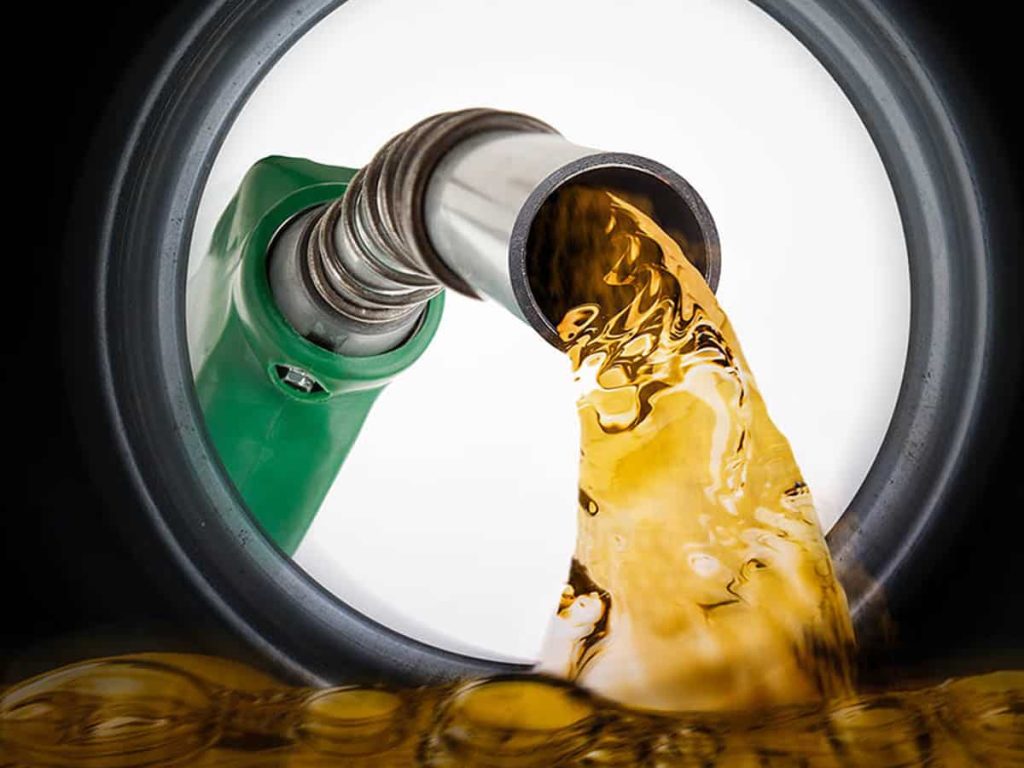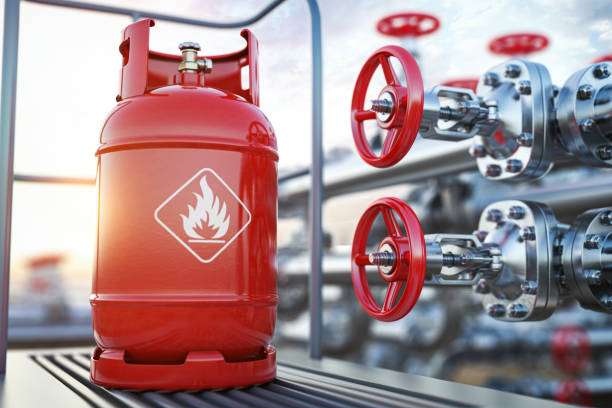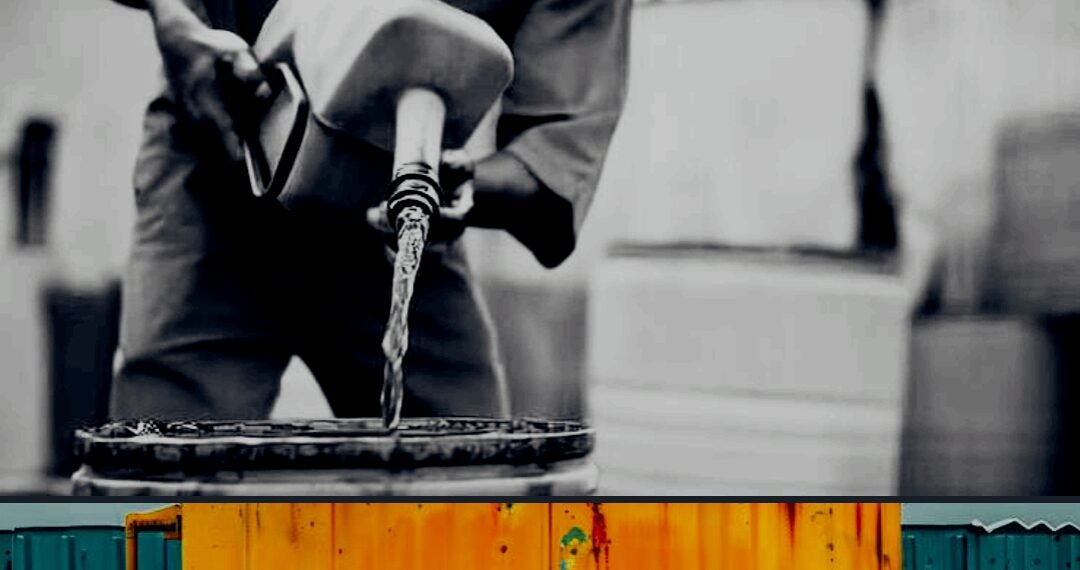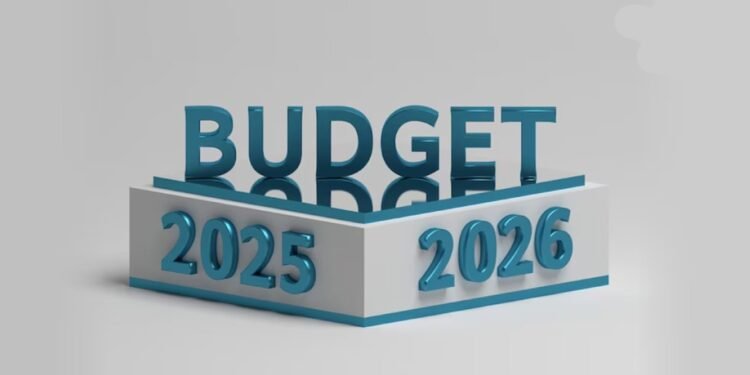Ghana’s petroleum downstream sector recorded steady supply volumes in the first half of 2025 despite macroeconomic challenges and currency depreciation pressures, according to a new report by the Chamber of Oil Marketing Companies (COMAC).
The “Analysis of Petroleum Volumes – Mid-Year 2025” report on National Petroleum Product Supply provides a detailed examination of supply and consumption trends from January to June 2025, revealing a sector adapting to both domestic and global market dynamics.
“Ghana’s total petroleum consumption grew by 17.65% in H1 2025, rising from 3.07 billion litres in 2024 to 3.62 billion litres.”
COMAC’s Analysis of Petroleum Volumes – Mid-Year 2025 Report
The mid-year analysis showed resilience in supply, with petroleum product availability maintained across the country.
However, consumption trends highlighted shifts in demand patterns, reflecting both economic realities and consumer responses to fluctuating pump prices.
Stable Supply Despite Market Pressures

According to COMAC, Ghana successfully sustained the supply of key petroleum products, including petrol, diesel, liquefied petroleum gas (LPG), and aviation fuel, during the six-month review period.
This performance came against a backdrop of international oil price volatility and persistent cedi depreciation. “The ability of Ghana’s downstream petroleum sector to maintain product availability despite global and local economic pressures demonstrates the robustness of the supply chain,” the report noted.
Market watchers say this stability is crucial given that petroleum products account for nearly half of the country’s energy consumption, serving transport, industry, and households alike.
COMAC’s data revealed an increase in the consumption of petrol (gasoline) and diesel, with demand supported by high vehicular use and economic recovery activities in transport and logistics.
The report attributed part of this growth to a rebound in commercial transport operations and the expansion of small-scale businesses reliant on fuel-powered equipment.
“Petrol and diesel continue to dominate the petroleum product basket, reflecting their indispensable role in both urban and rural economies.”
COMAC’s Analysis of Petroleum Volumes – Mid-Year 2025 Report
Diesel, in particular, remains critical for long-haul transport and industrial machinery, while petrol demand is concentrated in private and commercial passenger vehicles.
LPG Growth Driven by Households

The report further highlighted the steady growth of LPG consumption, driven largely by households and small businesses. Rising adoption of LPG as a cooking fuel continues to align with government policy to reduce dependence on charcoal and firewood.
The report revealed, “LPG 5.04%, Gasoil for Mines 8.99%, and Cell Site Gasoil 4.11%, also recorded moderate gains.”
COMAC pointed out that despite rising international LPG prices and currency depreciation, domestic consumption remained firm, underscoring its role as a transitional fuel for Ghana’s clean energy agenda.
“In contrast,several fuel volumes declined: ATK -3.54%, Gasoil Rig -18.21%, Premix -23.47%, Kerosene -45.16%, Fuel Oil Industrial -49.23%, and Marine Gasoil Local -56.84%, while Gasoil for Power Plants-84.07% recorded the sharpest fall.”
COMAC’s Analysis of Petroleum Volumes – Mid-Year 2025 Report
Policy Implications and Outlook

The report urged policymakers to prioritize strategic fuel reserves to cushion the economy against future shocks.
COMAC also called for stronger regulatory oversight to ensure competitive pricing and prevent distortions in the downstream sector.
Looking ahead, the Chamber projected that fuel demand is likely to remain strong in the second half of the year, supported by increased economic activity during the festive season.
However, supply costs will remain vulnerable to currency volatility and geopolitical uncertainties in global energy markets.
COMAC’s mid-year petroleum supply and consumption analysis paints a picture of resilience and adaptation in Ghana’s downstream petroleum sector.
While supply stability has been maintained, rising demand and currency depreciation present challenges that require coordinated policy interventions.
As the report underscores, petroleum products remain the lifeblood of Ghana’s economy. Ensuring their availability at affordable prices will be key not only to economic growth but also to household welfare in the coming months.
READ ALSO: Market Cheers as Ghana’s Treasury Auction Breaks Four-Week Drought with 15.8% Oversubscription























